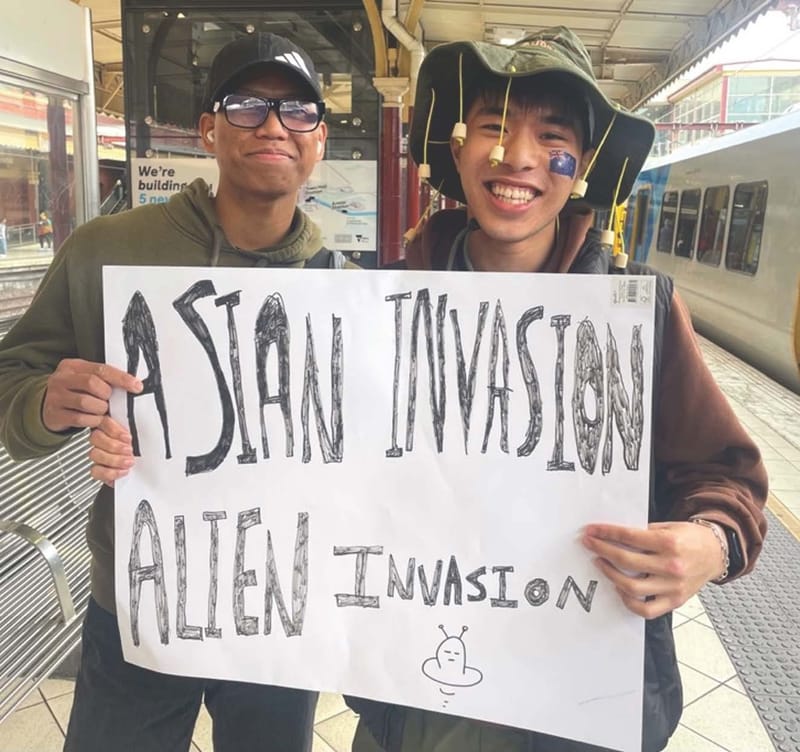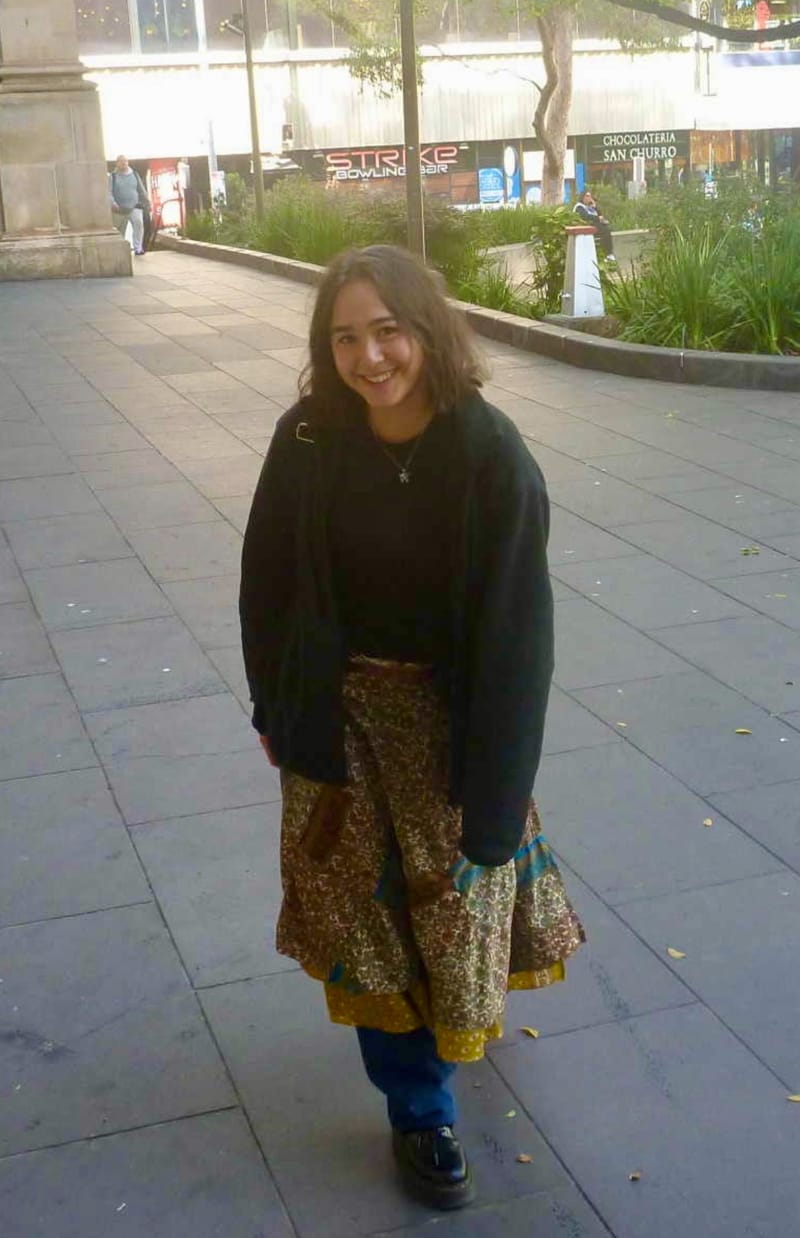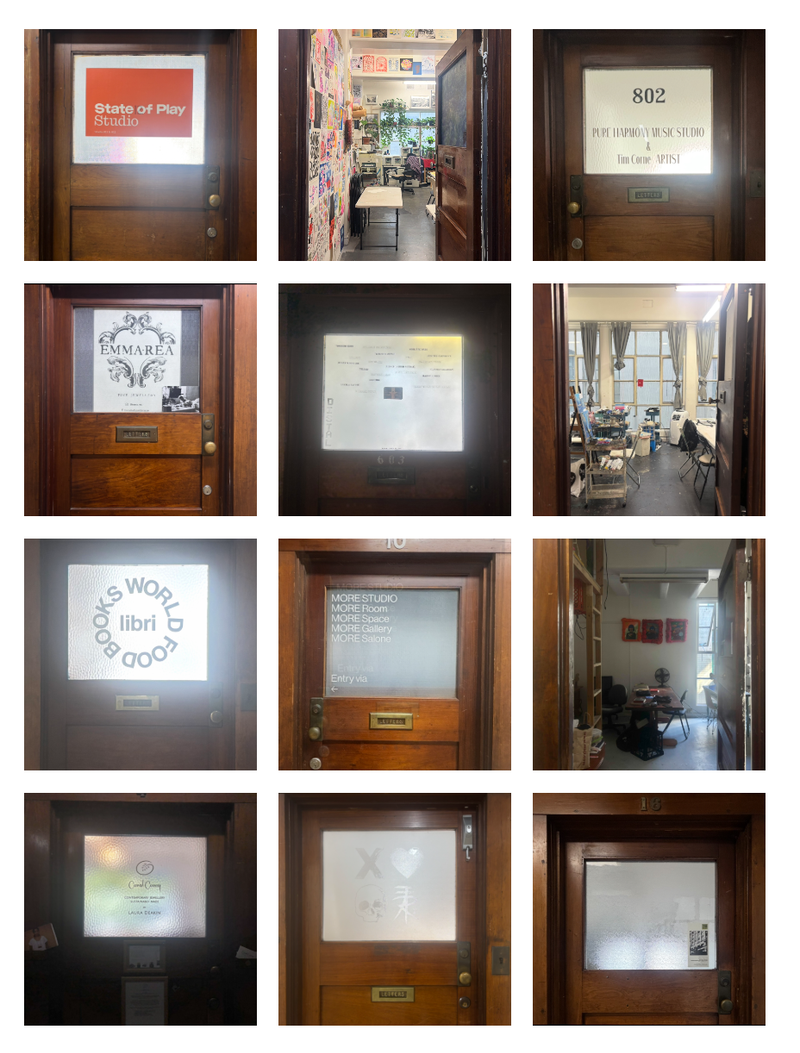Wheels of world's largest democracy are in motion
🔗 [SYSTEM UPDATE] Link found. Timestamp incremented on 2025-11-26 13:55:13.BY DWARAK BALASUBRAMANIAN Employment and Indian nationalism are shaping up to be the two key battlegrounds for power during the world's biggest exercise of democracy. The 17th Indian general election, currently underway,...
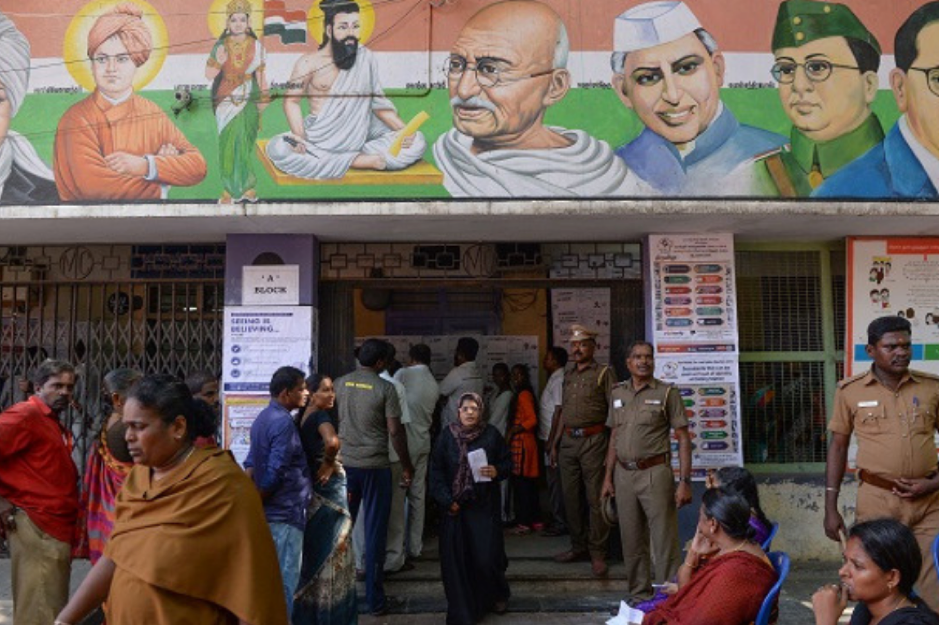
BY DWARAK BALASUBRAMANIAN
Employment and Indian nationalism are shaping up to be the two key battlegrounds for power during the world's biggest exercise of democracy.
The 17th Indian general election, currently underway, involves a fierce battle between the ruling National Democratic Alliance (NDA) led by Prime Minister Narendra Modi in coalition with the Bharatiya Janata Party (BJP), and the Indian National Congress (INC) led by Rahul Gandhi.
The BJP’s campaign centres on the country's development, while the INC's primary agenda is ‘Nyay’ (justice) for alleged damages caused by the BJP during its five-year rule.
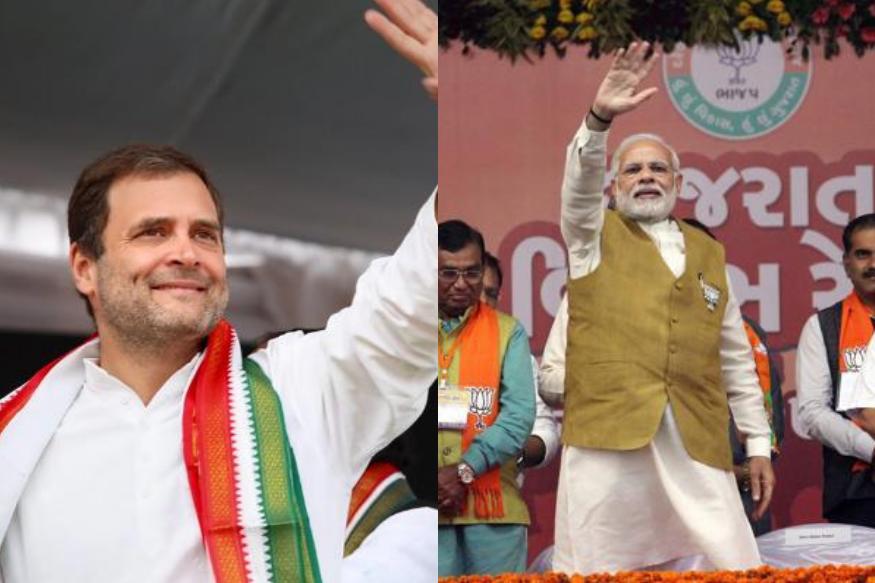
Elections in India follow a first-past-the-post system, also known as the simple majority system. The candidate with the highest number of votes in a constituency is declared the winner.
The Republic of India has a population of 1.3 billion people out of which 900 million are eligible to vote. Of those, 84.3 million are first-time voters aged between 18-19.
The Country has not made voting compulsory for citizens and the legal age for voting is 18 years. Unlike Australia, voting takes place on electronic machines instead of paper ballots.
Ms Saumya Madan, a first-time voter who's about to enter the job market, said greater focus on youth issues was needed.
“I feel the government policies should be youth-centric than for those in their late 50s, who will be retiring soon,” Ms Madan said.
“India being a country of a higher young population needs to tap on this advantage more than countries like China and Japan.”
The election is conduced in seven phases with voting held on different days, spread over five weeks, from April 11 to May 19. Results will be announced on May 23.
According to data released by the Election Commission of India, voter turnout is declining. 69.50% of eligible voters attended polling booths in the first election phase. That figure steadily declined with each subsequent round of voting to reach 62.46% by phase five.
While the Modi Government will be fighting anti-incumbency to achieve a second term, Rahul Gandhi will strive to usher in a new era for INC, also known as the Grand Old Party, which has lost its charm against the backdrop of multiple scams over the years.
INC's biggest scandals included the Commonwealth Games Scandal where primary party member Suresh Kalmadi was embroiled in a corruption scandal.
The Coalgate Scam also made headlines.
India has one of the richest coal deposits in the world. Large areas containing coal are divided into blocks, which are then supposed to be auctioned off amid a competitive bidding process between public and private interests.
In 2012, then-Prime Minister Manmohan Singh came under fire for allocating a coal block without putting the contract up for tender, costing the nation an estimated $26 million AUD.
Compounding INC's woes was the 2G scam, where then-Telecom Minister A Raja granted second generation licenses for mobile networks, also neglecting to put them out for tender. The country lost an estimated $25 million AUD as a result.
Meanwhile, the BJP Government has been accused of failing on its promises and causing havoc in the name of nationalism. According to government reports cases of mob lynching, primarily against Muslims, has risen by 28 percent since Mr Modi came into power.
Where are the jobs?
The 2014 elections were said to be a referendum on Congress scandals. The 2019 elections are said to be a referendum on the Modi Government’s alleged failed economic promises. Unemployment and job creation have been hotly debated.
After assuming government in 2014, Mr Modi promised 20 million jobs, but the opposition claims a mere 800,000 have been generated and conflicting figures of job creation continue to dog the BJP in the run up to the election.
According to Employees’ Provident Fund Organisation (EPFO), the government claims 18 million jobs were created between September 2017 and November 2018.
Contrary to this, a leaked government jobs report from February 2019 revealed unemployment was the highest it has been in 30 years.
Congress spokesperson Sanjay Jha ridiculed the ruling party's claims of job creation and economic growth.
“We have a serious job crisis. It is a record as far as unemployment goes. Modi has effectively destroyed India’s demographic dividend,” Mr Jha said.
“Because of the way in which data is manipulated and fudged, nobody would believe India’s GDP. We’re a laughing stock today,” he said.
Congress President Rahul Gandhi has repeatedly used Twitter to attack the government on unemployment.
However, the government has rubbished the opposition’s arguments as ‘defying economic theory’.
It maintains India has enjoyed steady growth in investment and job creation.
BJP national spokesperson Nalin Kohli said as a result, Mr Modi had gained popularity over the past five years.
“The Opposition is guilty of picking selective data and trying to exploit it to a larger unreal argument,” Mr Kohli said.
Secularism vs Hindu Nationalism
Another charge against the Modi Government has been the increasing attacks against religious and ethnic minority groups.
According to an annual Human Rights Watch report, “many senior BJP leaders publicly promoted Hindu supremacy and ultra-nationalism, which encourage further violence”.
The report showed a spike in assault, rape, murder and lynching cases reported against marginalised and minority communities over the past five years.
Data journalism organisation Factchecker.in, published a report in December which stated “the year 2018 saw the most hate crimes motivated by religious bias in India in a decade”.
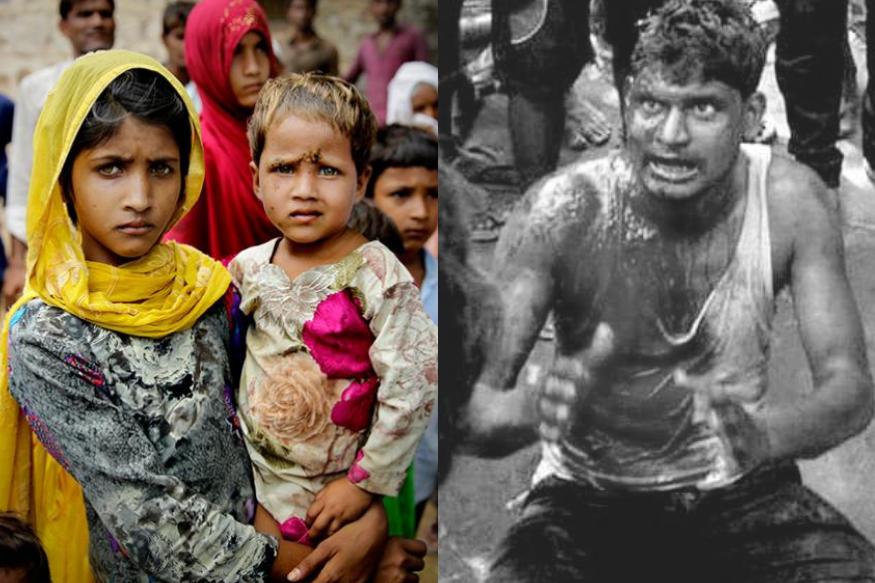
30 people were killed and at least 305 were injured.
Allegations of the BJP promoting a dominant Hindu nation have raised fears over the secular fabric of India.
Despite the damning reports, Mr Kohli said Mr Modi stood by his statement "Sabka Saath, Sabka Vikas" (development for all, carrying everyone along).
“Show me one scheme where the government has differentiated between people on the basis of religion, caste or region,” Mr Kohli said.
“The opposition is resorting to such claims, as they have been unable to attack the government on facts and implementation.”



